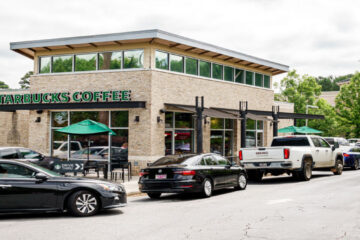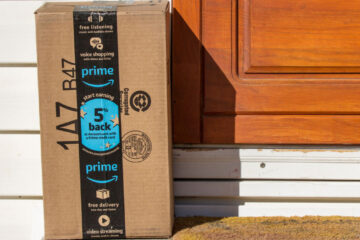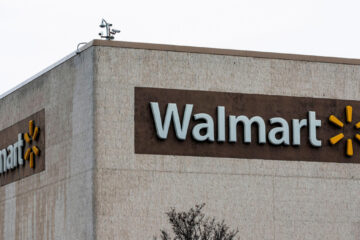People who eat special diets seem to have a blind spot when it comes to what other people want to eat. For many years, for example, I ate gluten-free, thinking that gluten was causing me some dietary issues,
During that period, many chains, including Dunkin’, added gluten-free products, and nearly all of them quietly let the products disappear. While it’s feasible for high-end restaurants to stock gluten-free pasta and charge an added fee, for other chains, it’s not so simple.
Related: Target CEO admits a major mistake amid boycotts from customers
People who can eat gluten don’t want to eat gluten-free pizza, even if it’s acceptably okay, because regular pizza is always better.
“About one-third of Americans say that due to health concerns, they want to reduce the amount of gluten they consume, or eliminate it altogether,” according to NYU Lagone.
Many of those people may be misguided, as the actual rate of Celiac disease sits at around 1%. That’s too small a number to build a restaurant chain around, and efforts to entice gluten eaters with gluten-free items have never worked.
💵💰Don’t miss the move: Subscribe to TheStreet’s free daily newsletter 💰💵
The same applies to every form of healthy eating, and it explains why yet another well-intentioned restaurant chain has filed for bankruptcy.
Restaurants catering to dietary restrictions face an uphill battle.
Image source: Shutterstock
Vegans are too small a market
Only about 1% of Americans follow a vegan diet.
“About 3% of the population is vegetarian (including vegans) all the time, and about 5% always eat vegetarian or vegan meals when eating out,” according to a Harris Poll.
Offering vegetarian options is relatively easy. Even steakhouses have salad and can make plates of side dishes to replace a main course.
Any restaurant can offer naturally vegetarian and even vegan options using existing menu items.
Building an entire menu around vegan cuisine assumes that non-vegans will opt to eat at your restaurant. That just does not happen in the numbers needed to support restaurants serving a niche population.
It’s a fundamental flaw that every vegan restaurant tries to explain away. Planta, which just filed for Chapter 11 bankruptcy protection in the District of Delaware, made the same mistake.
More bankruptcy:
Iconic auto repair chain franchise files Chapter 11 bankruptcyPopular beer brand closes down and files Chapter 7 bankruptcyPopular vodka and gin brand files for Chapter 11 bankruptcy
“At Planta, we see plants differently,” the company shared on its website. “Led by Founder and CEO Steven Salm and Co-founder and Executive Chef David Lee, Planta was born in 2016 to expand the accessibility and acceptability of plant-based dining; dining as it should be — an unguilty pleasure.”
That sounds plausible if you already live a vegan lifestyle. It’s a tougher sell to people who eat broader diets.
Planta needed more customers
It’s already hard to convince people to try new things. Planta had to do that twice, as the company sells traditional vegan food like salads, as well as vegan takes on sushi, meat-based dishes, and pastas.
It’s a daring menu in the first place that also happens to be vegan. That’s a lot to overcome.
Planta has a noble mission, but its philosophy shows that it really does not understand how much its menu limits its potential audience.
“We believe in the power of plants to change the world. For our health, for the health of our communities, and for the health of our planet — plants are the key. In everything we do, we seek to understand, experiment with, and maximize the power of plants to nourish, inspire, and sustain. We strive to operate in a paperless and reduced-waste environment, eliminating paper cheques, printed materials, and one-time-use water bottles and coffee cups,” it shared.
That all sounds nice, but a restaurant that sells food that most consumers need to be talked into is a very tough business.
Planta locations have not closed and the company does hope to continue operations. That may be an uphill fight.
Related: Popular brewery, beer brand closes all locations without warning
In its bankruptcy fight, Planta showed $50,000 to $100,000 in assets and $10 million to $50 million in liabilities. It key liabilities include landlords, food vendors, and service providers.
Planta operates restaurants in multiple Florida locations including West Palm Beach, Fort Lauderdale, and Miami. It also has restaurants in Atlanta, New York City, Chicago, Los Angeles, Washington D.C., and Toronto.


